The China team has won 9 Winter Olympics gold medals! These medals...
日期:03-02-2022来源:World Expo MuseumThe XXIV Olympic Winter Games was successfully held in Beijing from February 4th to February 20th.
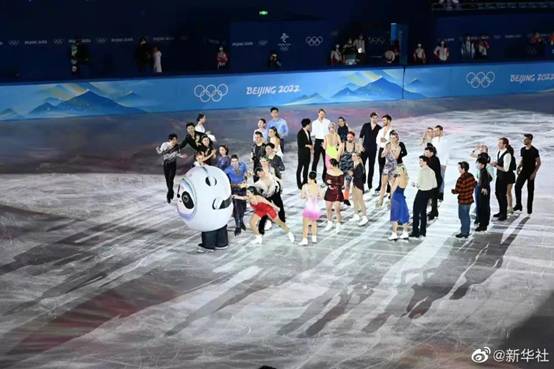
(Image source: Xinhua News Agency)
The figure skating performance skating of the Beijing 2022 Winter Olympics was held in the Capital Gymnasium. Many famous figure skating players put on a splendid performance together to draw an end to the figure skating competition of the Winter Olympics.
Tonight, the closing ceremony of the Beijing Winter Olympics will be held. The China team has won 9 Winter Olympics gold medals, 4 silvers and 2 bronzes, with the number of gold medals and medals hitting a record high. Among them, the steel frame snowmobiles, ice hockey and other projects have also refreshed the best results.
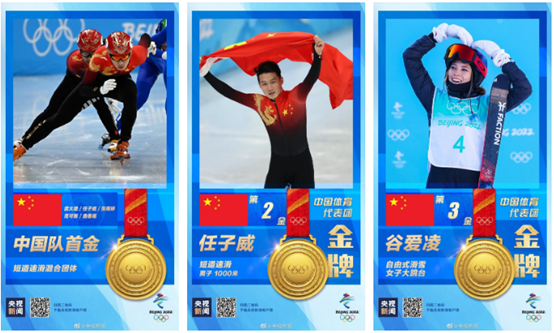

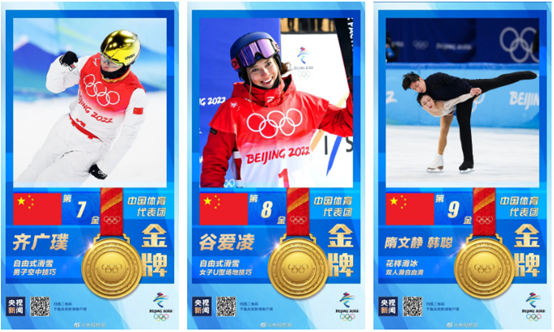
(Image source: CCTV News)
Olympic athletes also received their own Olympic medals, customized mascot souvenirs "Bing Dwen Dwen" and award bouquets.
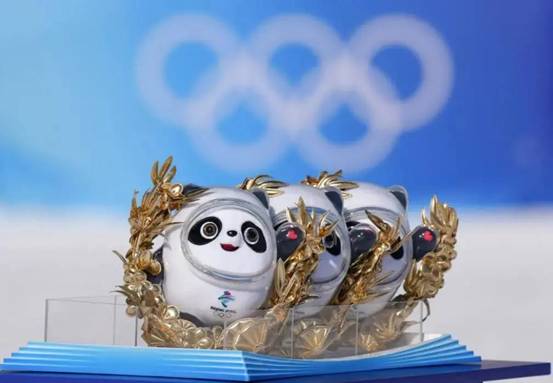
Golden "Bing Dwen Dwen"(Image source: Xinhua News Agency)
"Our own gold medal, don't worry about biting." This is a message on the official WeChat account of People's Daily. The text posted on the official account is a picture of Gu Ailing celebrating her first gold medal in the women's freestyle ski jumping platform and "biting the gold medal" at the award ceremony.
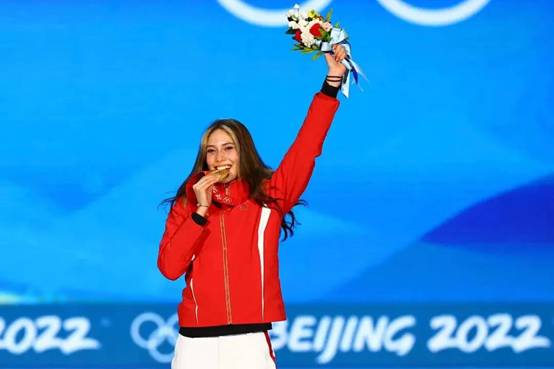
(Image source: Xinhua News Agency)
The Beijing Winter Olympics medal "Tongxin" is a symbol of China's manufacturing achievements. Different teams, enterprises and suppliers work together to give full play to the spirit of craftsmanship and use of technical accumulation to polish the elegant and solid Olympic medal.
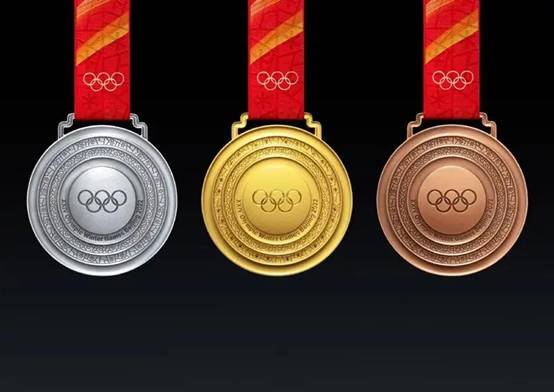
In fact, when it comes to the Olympic Games and medals, they all originated from the World Expo.
The Olympic Games originated from the World Expo
Olympic Winter Games
In the academic world of the World Expo, it is common sense that the idea of the modern Olympic Games was born from the World Expo, even though the Olympic Games were not held at the World Expo.
Although this statement does not accurately express the objective historical facts that the Olympic Games originated from the World Expo, it is not necessarily false when analyzing the process of its birth.
Founder of the Olympic Games
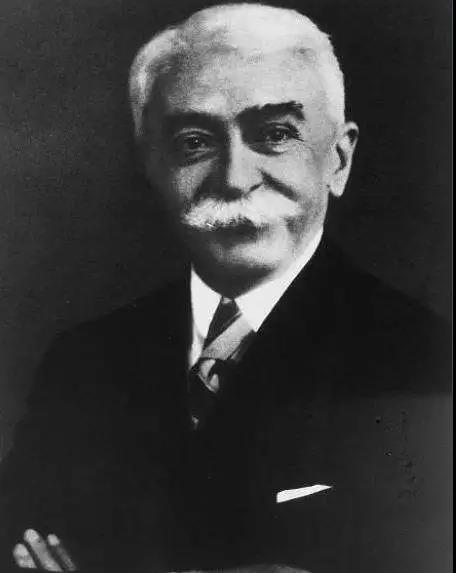
Coubertin
Coubertin (1863-1937), the founder of the modern Olympics, was a famous French educator, international sports activist, educator, historian and the initiator of the modern Olympic movement. He was born on January 1, 1863 in a French noble family.
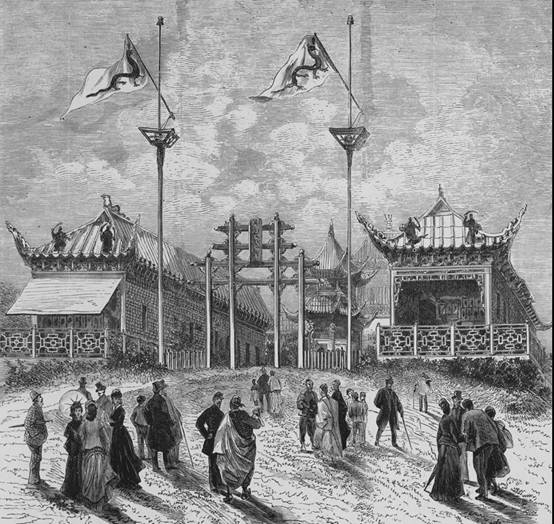
Expo 1878 Paris
Coubertin's earliest experience with the Expo was the Third Expo in Paris in 1878 when he was 15 years old. Eleven years later, at the Fourth Expo in Paris in 1889, Coubertin presided over an international conference.
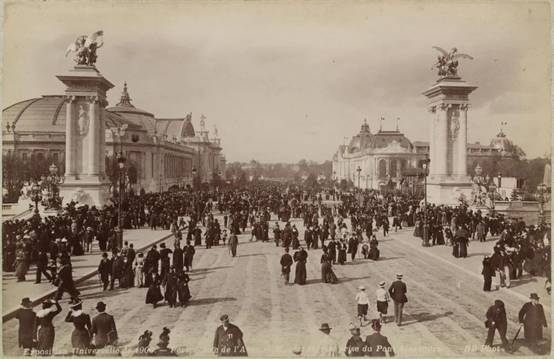
Expo 1889 Paris
The Fourth World Expo in Paris, held to commemorate the centenary of the French Revolution, aims to become a "World Expo of Ideas", and as many as 69 international conferences have been held on various topics such as art, science and economics.
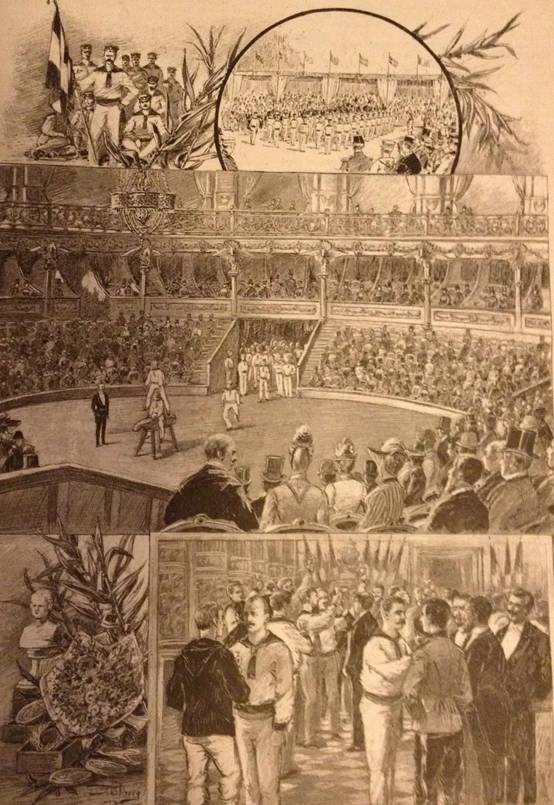
Swedish athletes at the Expo 1889 Paris
The meeting hosted by Coubertin was called an important meeting related to competitive sports. The content of the meeting included track and field events such as horseback riding, gymnastics, shooting, rowing, swimming, track competition and walking. In addition, Coubertin sent a statistical report of the results of the questionnaire to countries where English is the official language. He was also said to have held sports events in public as part of his meetings.

Coubertin
In 1890, Coubertin wrote an article entitled "The Exposition of Sports". In order to create the modern Olympic Games, this article by Coubertin truthfully tells the story based on the World Expo.

Expo 1893 Chicago
He also visited the Expo 1893 Chicago and attended some of the events, such as the Educational Conference and the World Conference of Religions. He recognized the importance of internationalism, and the modern Olympic Games have adopted this spirit. If the World Expo promotes the "competition of goods", then objectively it also gave birth to the view of "competition of the body". This is why the Olympic Games are considered originated from the World Expo.
The birth of the first Olympic Games
In the second year of the Expo 1893 Chicago , at the International Games held in Paris in June 1894, Coubertin contributed to the unanimous resolution of the revitalization of the Olympic Games, the 13 countries elected 15 representatives as the first member of the delegation, established the International Olympic Committee. The proposal to host the first Modern Olympic Games at the Expo1900 Paris sparked six years of debate.
Ultimately, it was decided to host the first modern Olympic Games in Athens, Greece, in 1896.
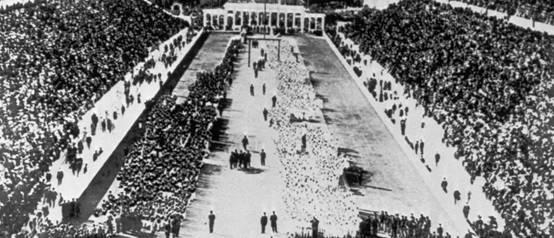
1896 Athens Olympic Games (Photo source: International Olympic Committee official website)
Four years after Athens successfully hosted the first Olympic Games, the second Olympic Games was held as one of the events of the Expo 1900 Paris. At that time, the Olympic Games were still small-scale games with only 20 countries participating, only tie pins, pencils and one hundred francs in cash for self-purchase of medals for winners. Needless to say, at that time almost no one would buy a medal with a precious hundred francs...
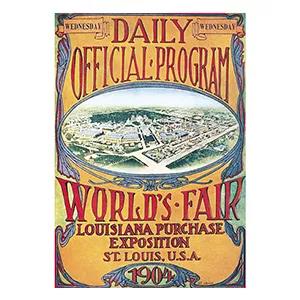
Expo1904 St. Louis Olympics poster (Image source: International Olympic Committee official website)
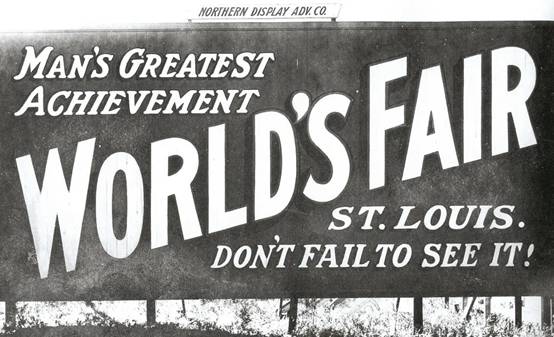
Expo 1904 St. Louis poster
Since then, the Olympic Games have been held together with the Expo 1904 St. Louis and the French-British World's Fair in London in 1908.
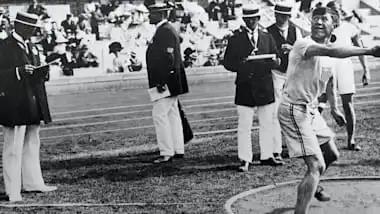
1912 Stockholm Olympics (Image source: International Olympic Committee official website)
However, because the World Expo will hold the Olympic Games as a subsidiary event, the Olympic Games have highlighted the drawbacks at the operational level, so the 5th Stockholm Olympic Games began to separate from the World Expo and embarked on the road of independent development.
Olympic medals originate from the World Expo
Olympic Winter Games
When it comes to Olympic medals, there are gold, silver and bronze. In fact, the use of medals to award and commend also confirms the historical fact that the Olympic Games originated from the World Expo.
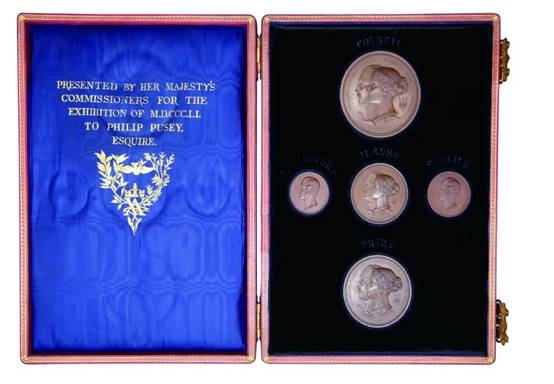
Expo 1851 London Medal Set
At the first World Expo in London in 1851, two types of bronze medals were awarded after discussion. This was described in great detail in "Crystal Palace Story".
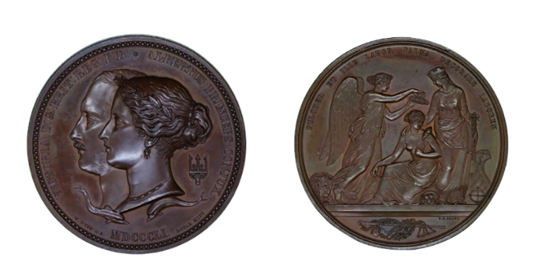
Expo 1851 London Medal Set
Jury Medal
The first category of bronze medals was based on the exhibits' important innovation breakthroughs in materials or production methods, they obviously with beautiful design creativity from conception to application, and the "Judges Medal" was a total of 170 were awarded. The second category of bronze medals was provided by the company, and was awarded to the exhibits "that have been recognized or produced with a technical content that has reached a fairly excellent level, taking into account their effectiveness, aesthetics, economy, suitability for a specific market, and other advantages". A total of 1,918 such medals were awarded at the Expo.
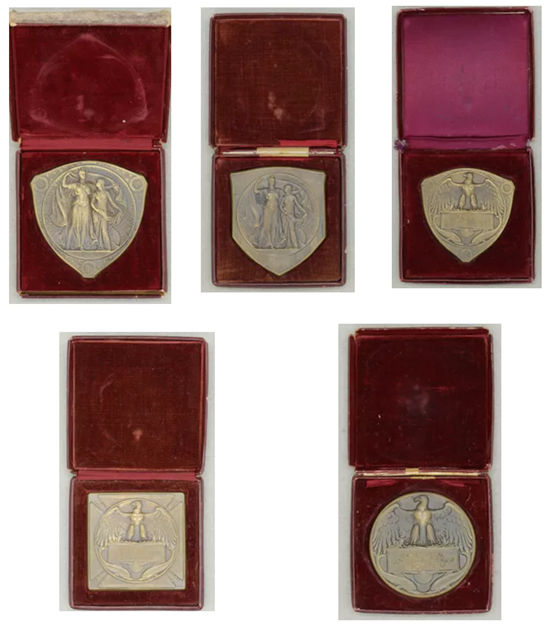
Expo1904 St. Louis Medal
Five medals for the Expo1904 St. Louis all designed by Adolph Alexander Weinman (1870-1952). From the Expo1904 St. Louis, the Expo medals really had the concept of gold, silver and bronze medals, and the special-shaped medals of the Expo appeared for the first time.
The awarding of medals at the Olympic Games was also influenced by the award system of the World Expo.
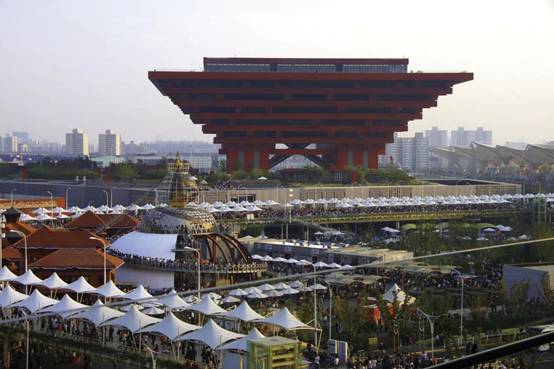
Expo 2010 Shanghai
The potential impact of the Olympic Games and the World Expo on each other continues. Montreal hosted the 1976 Olympics after the 1967 World Expo. The 1988 Seoul Olympics helped South Korea bring the 1993 World Expo home, and the successful bid for the 2008 Beijing Olympics helped the 2010 World Expo to finally settle in Shanghai.
The Olympic spirit is:
Fair competition, mutual understanding, solidarity and fraternity.
The spirit of the Expo is:
Understanding, communication, gathering and cooperation.
They are two major events on a global scale, and they also have their own independent performance themes. The world needs the Olympics and the World Expo. Like their slogans and themes, the Olympic Games and World Expos will "inspire a generation" and will push the world forward, innovate and reflect.
Source:"50 Stories of Inventions and Discoveries at the World Expo"